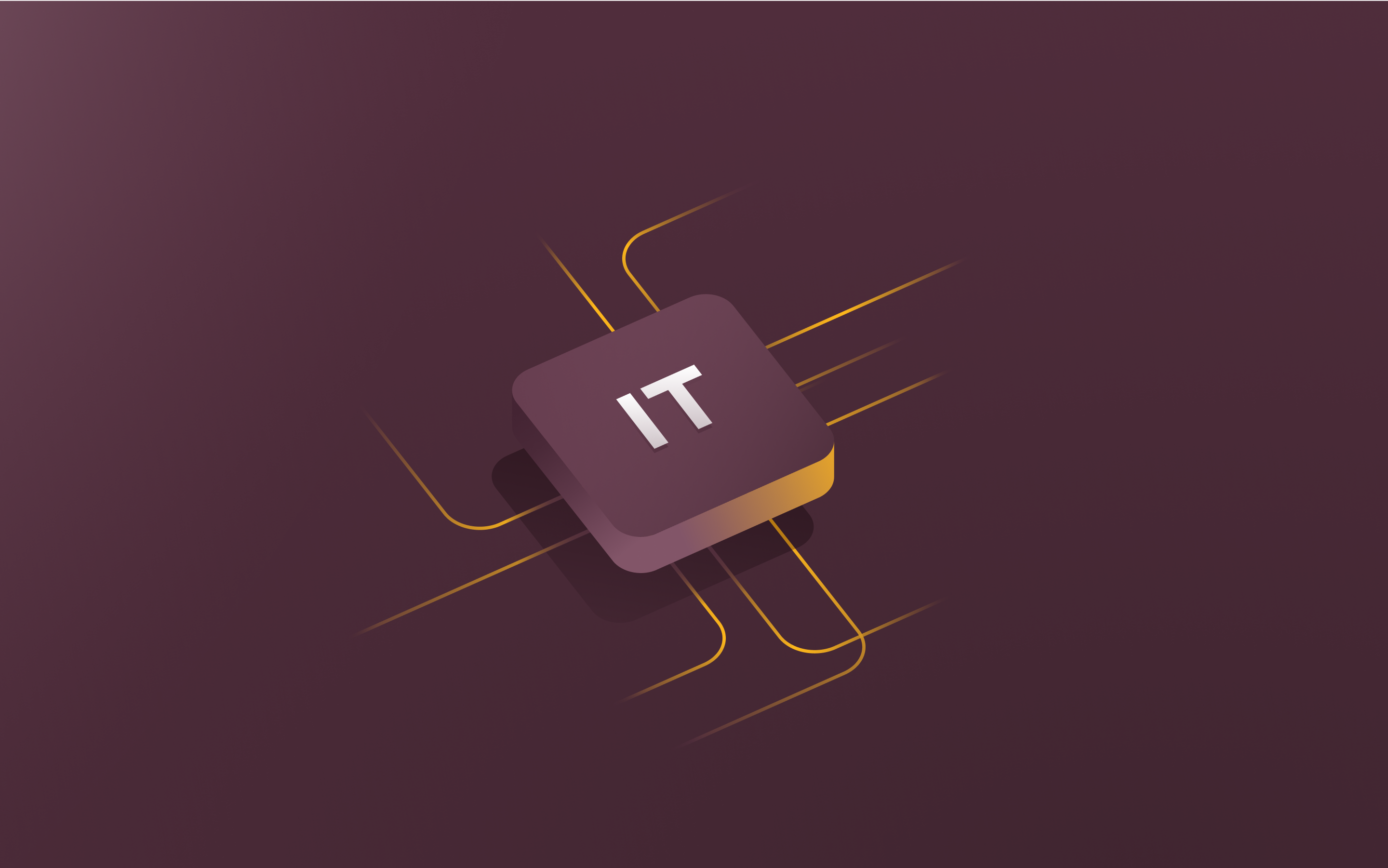What is data compliance? Complete guide & tips

Organizations today handle vast amounts of sensitive information on a daily basis. From customer details and financial records to employee data and intellectual property, the sheer volume and variety of data being collected, stored, and processed is staggering.
With this comes a critical responsibility: ensuring that all of this data is managed in a way that is secure, ethical, and compliant with the myriad of laws and regulations that govern data protection. Enter data compliance.
Data compliance goes beyond ticking boxes and avoiding fines—it's more about building trust with customers, partners, and stakeholders. This piece explores the fundamentals of data compliance, including critical compliance regulations, common organizational challenges, and proven strategies for implementing robust compliance programs.
What is data compliance?
Data compliance is about ensuring an organization's data management practices align with all relevant legal, regulatory, and ethical requirements. This includes a wide range of activities, from how data is collected and stored to how it is used, shared, and ultimately disposed of.
The specific requirements for data compliance can vary widely depending on factors such as the type of data being handled, the industry in which the organization operates, and the geographic regions in which it does business.
The overall goal is to protect the privacy, security, and integrity of sensitive information. This includes ensuring that data is:
- Collected and used only for legitimate and specified purposes
- Stored securely and protected against unauthorized access or disclosure
- Kept accurate and up-to-date
- Retained only for as long as necessary
- Disposed of securely when no longer needed
Why is data compliance important?
Data compliance is not just a legal obligation—it's a business imperative. In today's data-driven economy, how an organization handles sensitive information can have a profound impact on its reputation, its relationships, and ultimately, its bottom line.
Here are just a few of the reasons why data compliance should be a top priority for every business:
Risk mitigation
One of the primary reasons to invest in data compliance is to mitigate the risks associated with data breaches, leaks, and misuse. In the event of a compliance failure, organizations can face significant financial penalties, legal liabilities, and reputational damage.
Here’s a good example: In 2017, credit reporting agency Equifax suffered a massive data breach that exposed the sensitive personal information of approximately 147 million people. The company faced intense scrutiny from regulators and the public, and ultimately agreed to pay at least $575 million in fines and other penalties as part of a settlement with the Federal Trade Commission. The incident served as a stark reminder of the potentially devastating consequences of non-compliance.
By implementing robust compliance controls, organizations can reduce their exposure to these risks and be better prepared to respond effectively in the event of an incident.
Avoid legal consequences
Compliance with data protection regulations isn't optional; it's the law. Organizations that fail to meet their legal obligations can face severe penalties, including hefty fines, injunctions, and even criminal charges in some cases.
For example, under the European Union's General Data Protection Regulation (GDPR), companies can be fined up to €20 million or 4% of their global annual revenue (whichever is greater) for serious violations. In 2021, Amazon was hit with a record-breaking €746 million fine for alleged GDPR violations related to its advertising targeting practices.
The cost of non-compliance can be steep, not to mention the legal fees, settlement costs, and other expenses that can quickly add up in the event of a regulatory action or lawsuit. By contrast, investing in compliance can help organizations avoid these costly consequences and operate with greater peace of mind.
Brand trust and credibility
We now live in a world where customers are increasingly savvy about how their personal information is being collected, used, and protected. They expect the businesses they interact with to handle their data with the utmost care and respect. And they’re quick to lose trust in brands that fail to live up to these expectations.
A 2021 KPMG survey found that 86% of Americans consider data privacy a growing concern, and 40% don't trust companies to use their personal data ethically. Most notably, 30% aren't willing to share their personal data for any reason.
On the flip side, organizations that can demonstrate a strong commitment to data compliance and privacy can differentiate themselves in the market and build deeper, more trusting relationships with their customers.
Operational efficiency
While compliance may sometimes be seen as a burden or a box-checking exercise, the reality is that it can actually drive significant operational benefits for organizations. By implementing standardized policies, procedures, and controls for data management, businesses can streamline their processes, reduce redundancies and inefficiencies, and ultimately lower costs.
For example, implementing single sign-on (SSO) solutions as part of security compliance not only protects data but also saves time, eliminating the need for employees to juggle multiple passwords across different systems.
Investing in compliance can also help organizations break down data silos, improve data quality and accessibility, and gain deeper insights into their operations. By taking a holistic, strategic approach to compliance, businesses can turn it from a necessary evil into a source of real business value.
The challenges of data compliance
While the benefits of data compliance are clear, achieving and maintaining it is often easier said than done. Organizations today face a number of complex challenges when it comes to managing their data in a compliant manner, including:
Evolving regulations
One of the biggest challenges in data compliance is simply keeping up with the constantly changing regulatory landscape. As new laws and regulations are introduced, and existing ones are updated or reinterpreted, organizations must be agile enough to adapt their policies and practices accordingly.
Managing large data volumes
Another challenge is the sheer volume of data that organizations are dealing with today. As businesses collect and store more and more information across a growing number of systems and platforms, it becomes increasingly difficult to ensure that all of this data is being managed in a compliant manner.
Ensuring data visibility
To comply with data protection regulations, organizations need to have a clear and comprehensive understanding of what data they have, where it's located, who has access to it, and how it's being used. This can be a daunting challenge, particularly for businesses with complex IT environments and data sprawl across multiple systems and locations.
Human error
Despite the best policies and technologies, human error remains one of the biggest risks to data compliance. All it takes is one employee clicking on a phishing email, mishandling a sensitive document, or improperly configuring a security setting to jeopardize an entire organization's compliance posture.
To mitigate the risk of human error, organizations must invest in ongoing employee training and awareness programs, as well as implement technical controls such as data loss prevention (DLP) and user activity monitoring to detect and prevent potential compliance violations.
Key data security compliance standards and industry regulations
Data compliance requirements vary across industries and regions. It's essential for organizations to understand which specific regulations and standards apply to them. Some of the most notable include:
1. GDPR (General Data Protection Regulation)
The GDPR is a comprehensive data protection law that applies to any organization that collects, processes, or stores the personal data of European Union (EU) citizens, regardless of where the organization is based. It sets strict requirements for how personal data must be collected, used, and protected, and gives individuals significant rights over their data.
2. CCPA (California Consumer Privacy Act)
The CCPA is a state-level data protection law that applies to businesses that collect, sell, or disclose the personal information of California residents. It gives individuals the right to know what personal information is being collected about them, the right to request that their data be deleted, and the right to opt-out of the sale of their personal information.
3. ISO 27001
ISO 27001 is a widely recognized standard for information security management systems (ISMS). It provides a framework for implementing, maintaining, and continuously improving an ISMS to ensure the confidentiality, integrity, and availability of sensitive information.
4. SOX (Sarbanes-Oxley Act)
SOX is a US federal law that establishes requirements for financial reporting and internal controls for publicly traded companies. While it is primarily focused on financial reporting, it also has implications for data security and management.
5. HIPAA (Health Insurance Portability and Accountability Act)
HIPAA is a US federal law that establishes national standards for the protection of sensitive patient health information. The regulation governs any organizations handling protected health data, including medical facilities, insurance providers, healthcare clearinghouses, and any third-party vendors working with these entities.
6. PCI-DSS (Payment Card Industry Data Security Standard)
PCI-DSS provides security requirements for organizations that handle payment card transactions. These standards establish protocols for protecting cardholder data and maintaining secure payment processing systems. They were developed by the major credit card brands (Visa, Mastercard, American Express, Discover, and JCB) to combat credit card fraud and protect sensitive cardholder data. PCI-DSS applies to any organization, regardless of size or industry, that accepts or processes payment cards.
How to achieve data security compliance
Achieving and maintaining data protection compliance requires a proactive, ongoing effort that involves people, processes, and technology. Here are some key steps that organizations can take to ensure compliance:
1. Establish a data governance framework
A strong data governance framework is the foundation of any effective compliance program. This should include clear policies, procedures, and standards for how data is collected, used, stored, and protected throughout its lifecycle.
Establish clear roles, data classification schemes, and retention policies to maintain consistent compliance across all operations. Develop thorough incident response plans and conduct regular risk assessments to identify and address potential compliance gaps before they become issues.
2. Conduct regular compliance training for employees
One of the biggest risks to data compliance is human error. To mitigate this risk, organizations must invest in regular training and awareness programs to ensure that all employees understand their responsibilities when it comes to handling sensitive data.
A comprehensive training program should cover key regulations, organizational policies, data security best practices, reporting procedures, and the consequences of non-compliance. These programs should be tailored to specific roles and delivered regularly to keep employee knowledge current and maintain strong compliance practices.
3. Implement data access controls and encryption
Technical controls are a critical component of any data compliance program. Organizations must implement appropriate measures to ensure that sensitive data is protected from unauthorized access, use, or disclosure.
Key technical controls include:
- Access controls, such as role-based access, multi-factor authentication, and least privilege principles, to ensure that only authorized individuals can access sensitive data
- Encryption of data at rest and in transit to protect against unauthorized interception or disclosure
- Network segmentation and firewalls to prevent unauthorized access to sensitive systems and data
- Monitoring and logging of system and user activity to detect and respond to potential security incidents
- Regular vulnerability scanning and penetration testing to identify and remediate potential weaknesses in systems and applications
4. Leverage compliance technology and tools
Complying with the myriad of data protection regulations can be a daunting task, particularly for organizations with complex IT environments and large volumes of data. Fortunately, there are a number of technology solutions available to help streamline and automate compliance tasks. One such solution is Rippling, an all-in-one platform that unifies HR, IT, and Finance to make data compliance a breeze. By leveraging tools like Rippling, organizations can reduce the burden of compliance and focus on their core business objectives with greater peace of mind.
Achieve data compliance with Rippling
With Rippling, organizations can take the pain out of data compliance. Rippling provides a single, unified platform that seamlessly integrates HR, IT, and Finance data, making it easy for organizations to gain a single source of truth for their sensitive information and ensure compliance across all areas of the business.
Some key benefits of Rippling for data compliance include:
- Automated employee onboarding and offboarding to ensure that access is granted and revoked in a timely and compliant manner.
- Centralized data management to ensure that sensitive information is accurate, up-to-date, and properly secured.
- Pre-built compliance templates and workflows to streamline compliance processes and reduce manual effort.
- Real-time monitoring and alerting of potential compliance violations, with detailed audit trails for investigation and reporting.
- Secure data storage and encryption to protect sensitive information from unauthorized access or disclosure.
- Integration with leading compliance frameworks and standards, such as GDPR, CCPA, SOC 2, and ISO 27001.
One of the key advantages of Rippling is its ability to automate many of the manual, time-consuming tasks associated with data compliance. For example, when a new employee joins the organization, Rippling can automatically provision the necessary user accounts and access permissions based on their role and department. Similarly, when an employee leaves the organization, Rippling can automatically revoke their access and ensure that all necessary data is securely archived or deleted in accordance with retention policies.
Rippling also provides a centralized dashboard for managing compliance across the entire organization. IT administrators can easily view and manage user access permissions, monitor system activity for potential security threats, and generate detailed compliance reports with just a few clicks. This level of visibility and control is essential for organizations looking to maintain a strong compliance posture and respond quickly to potential issues.
Another key benefit of Rippling is its flexibility and scalability. Whether you're a small startup or a large enterprise, Rippling can be easily customized to meet your specific compliance needs. From initial setup and configuration to ongoing training and advisory services, Rippling is committed to helping its customers achieve and maintain compliance with confidence.
Data compliance FAQs
Is GDPR part of compliance?
Yes, GDPR is a key data protection regulation that applies to any organization that collects, processes, or stores the personal data of EU citizens, regardless of where the organization is based. Compliance with GDPR is essential for organizations doing business in the EU or handling the data of EU citizens.
What is data compliance in healthcare?
In healthcare, data compliance primarily revolves around HIPAA, which sets national standards for the protection of sensitive patient health information. Healthcare providers, health plans, healthcare clearinghouses, and their business associates must all comply with HIPAA requirements to ensure the confidentiality, integrity, and availability of protected health information.
What is data sovereignty?
Data sovereignty refers to the concept that data is subject to the laws and regulations of the country in which it is collected, processed, or stored. This can create compliance challenges for organizations operating in multiple jurisdictions, as they may need to navigate conflicting or overlapping data protection requirements. Ensuring data sovereignty is an important consideration for any global data compliance strategy.
Transform compliance from a burden to a business advantage
This blog is based on information available to Rippling as of December 4, 2024.
Disclaimer: Rippling and its affiliates do not provide tax, accounting, or legal advice. This material has been prepared for informational purposes only, and is not intended to provide or be relied on for tax, accounting, or legal advice. You should consult your own tax, accounting, and legal advisors before engaging in any related activities or transactions.







